How to Avoid an Abusive Partner: 10 Unacceptable Habits in a Relationship

Abuse is never okay. It doesn’t matter who the abuser is, what their reasons may be, or how long they’ve been doing it. Abusive relationships are never acceptable and should not be tolerated. It’s the best thing for you and your safety. With the right help, you can get out of that relationship and start a new one that’s safe and supportive.
Relationships require work to stay strong, and often time people fall into avoidable habits that jeopardize the relationship. Let’s explore a few of those dangerous habits below:
1. Lying
People in abusive relationships tend to lie routinely to cover up their abusive behaviour. Lying is often a sign that someone is trying to protect themselves or keep their partner from finding out the truth.
Do not ever lie to your partner about anything important. This includes things like where you’re going, who you’re meeting with, and what you’re doing. Do not withhold information from your partner. If they ask you a question, answer it honestly and completely. Do not try to control or manipulate your partner through lies. If they tell you something that makes you angry or upset, do not retaliate by lying to them about what happened or trying to get them to change their story.
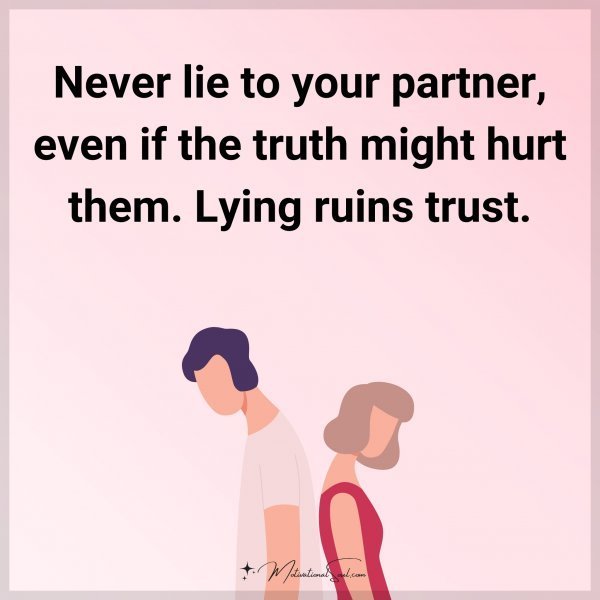
2. Insults and put-downs
Insults and put-downs are never acceptable in a relationship. Abusers often use insults to make their partners feel bad about themselves and to control them. Insulting your partner puts them down, makes them feel worthless, and can lead to feelings of depression or anxiety.
Always be respectful when speaking with your partner. Do not say things that are mean or insulting. If you feel yourself getting angry, remove yourself from the situation (if possible) and take a few minutes to cool off before continuing the conversation. Speak calmly and kindly with your partner, even when discussing difficult subjects.

3. Passive-aggressive behaviour
Passive-aggressive behaviour can be incredibly frustrating and hurtful. A person with passive-aggressive tendencies may deliberately do things that make you resent them, without actually intending to hurt you. They may act out of spite, avoid communication, and do things to get back at you. Passive-aggressive behaviour is a sign that your partner doesn’t feel safe expressing their feelings or being honest with you.
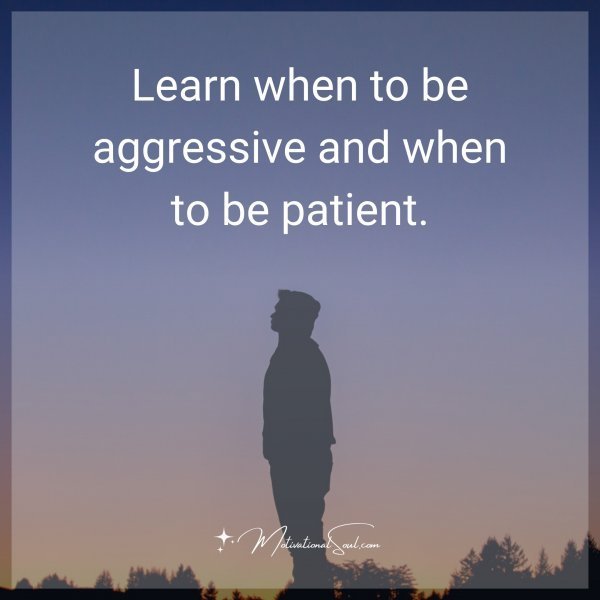
4. Anger problems
Anger is a normal emotion, but it can be dangerous if not managed properly. People who have anger problems often lash out at their partners and use intimidation or threats to control them.
If you are in an abusive relationship with someone who has an anger problem, don’t try to change them on your own – this could put you in danger. Instead, seek professional help for both of you. It’s important to recognize the signs of an abusive relationship and take steps to protect yourself from harm.

5. Extreme jealousy
Excessive jealousy is often a sign of insecurity and can be incredibly damaging in an abusive relationship. An abuser may use extreme jealousy as a way to control their partner, check up on them constantly, or prevent them from having any meaningful relationships outside of the one with the abuser.
If you are in an abusive relationship with someone who exhibits extreme jealousy, it’s important to recognize that this behaviour is not normal and is never ok. Seek help from a trusted professional if you feel unsafe or are afraid of how their jealousy may manifest itself in violence. You deserve to be in a relationship where you can trust your partner and have the freedom to live your life without fear.

6. Physical abuse
Physical abuse is an act of violence or force that is used to control, punish, or intimidate a victim. Domestic violence can include physical abuse, though not always. It’s important to remember that any kind of physical abuse is unacceptable and will not be tolerated by the police.
If you are in a relationship with someone who exhibits any signs of physical abuse, it is important to speak up. There are many things you can do to protect yourself from physical abuse, including staying away from dangerous situations, getting help if you feel threatened or unsafe, and reporting the abuser to the police.
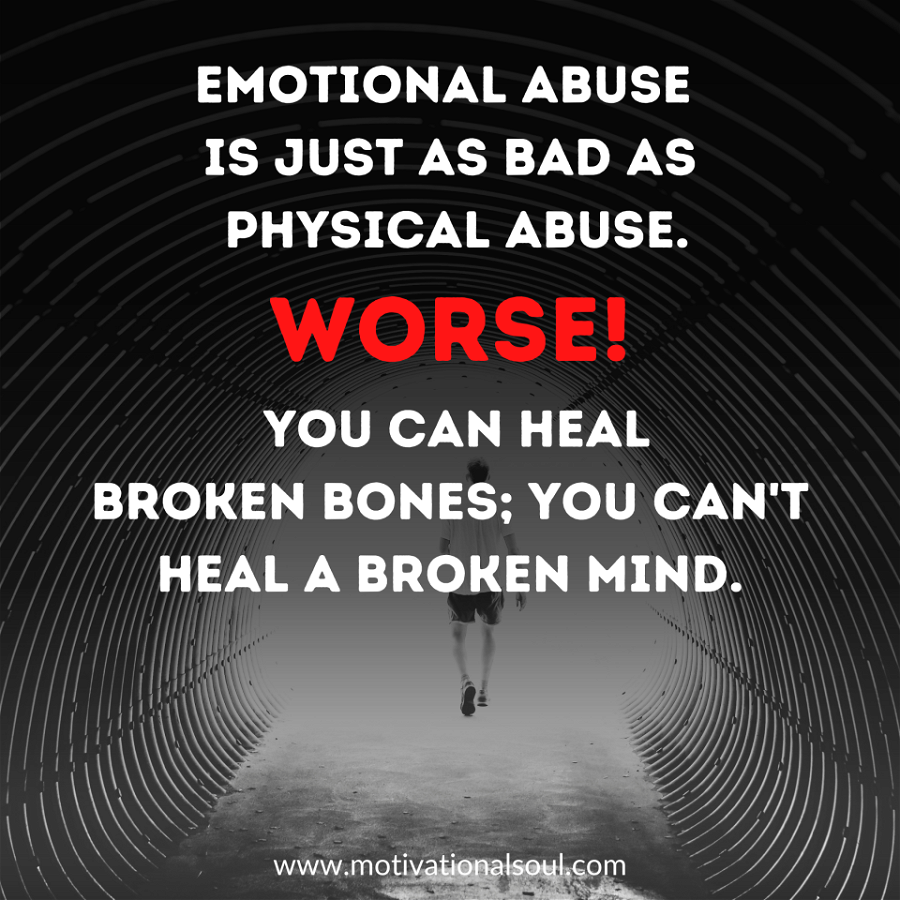
7. Emotional abuse
Emotional abuse is a form of psychological manipulation used to control and manipulate a victim. This can include things like name-calling, belittling, gaslighting, and more. It’s important to recognize that emotional abuse is never ok, regardless of the intention or context.
If you are caught in an emotionally abusive relationship, don’t hesitate to ask for help. Talk to someone you trust–a friend or family member who can give support and guidance, as well as professional resources that can enable you to exit the relationship safely. Remember: emotional abuse is not your fault. You have the strength to stand up for yourself and make a change.
If you or someone you know is in an abusive relationship, it’s important to seek help immediately. There are many resources available that can provide guidance and assistance to help you get out of the situation safely. Remember that there is hope, and no matter how bad things seem, they will get better soon enough.
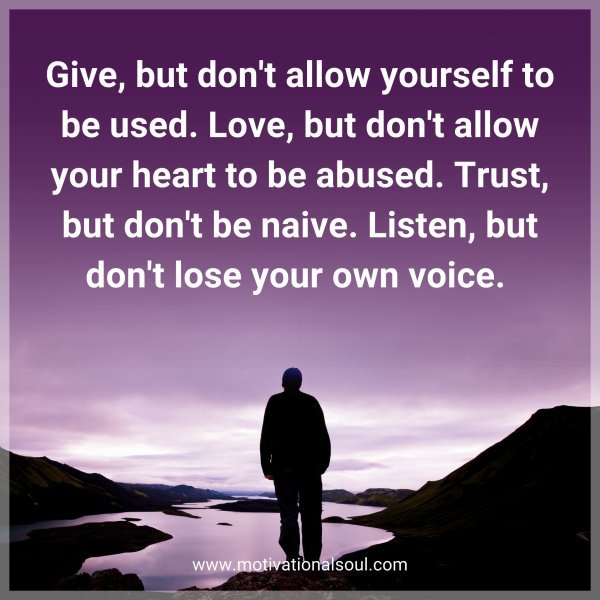
8. Manipulation
A manipulation is a form of psychological abuse that is used to control and gain power over another person. It can be subtle or overt, but it always has the same goal in mind: To make someone feel as though they have no choice but to do what the manipulator wants them to do. In an abusive relationship, an abuser may use manipulation to control their partner, make them feel guilty or unworthy, or otherwise pressure them into doing something they don’t want to do.
Healthy assertiveness is a crucial part of healthy relationships. It involves expressing your feelings and needs honestly and respectfully without being overly aggressive or demanding. It also means understanding that your actions have consequences and being willing to take responsibility for them. If you feel like someone is attempting to manipulate or control you, stand up for yourself and take steps to protect your safety and well-being.

9. Financial abuse
Financial abuse is a form of economic exploitation that involves controlling or limiting a victim’s access to money. This type of abuse can take many forms, including preventing someone from getting or keeping a job, taking control of the victim’s finances, and coercing them into signing documents against their will. Financial abuse often goes hand in hand with other forms of abuse, such as physical and emotional.
If you are in a situation where someone is controlling your access to money or exploiting you economically, it is important to seek help immediately. Talk to a trusted friend or family member who can provide support and assistance, as well as professional resources that can help you get out of the situation safely.
10. Sexual abuse
Sexual abuse is any type of non-consensual sexual contact, including rape, molestation, and other unwelcome advances or contact. It is a form of physical abuse that can leave long-lasting emotional and psychological scars.
If you or someone you know is a survivor of sexual abuse, it is important to seek help immediately. Talk to a trusted friend or family member who can provide support and assistance, as well as professional resources that can help you get out of the situation safely. Remember that no one deserves to be in an abusive sexual relationship and there is hope for a better future.
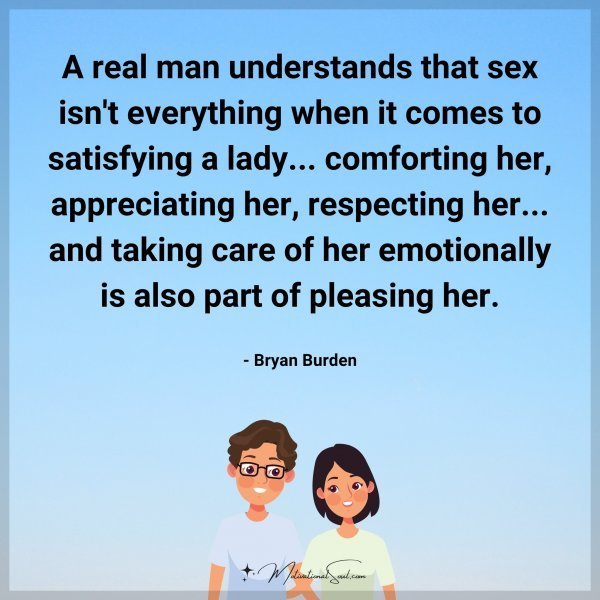
Conclusion
Take the first step towards safety today. There is no excuse for abuse, but it can be difficult to recognize the signs and take action. If you are in an abusive relationship, or if you know someone who is, remember that help is available. Reach out to trusted individuals and professional resources who can provide guidance and assistance so that you can get out of the situation safely. There is hope for a better future and you deserve to live free from abuse. Thanks for reading!



Recent Comments